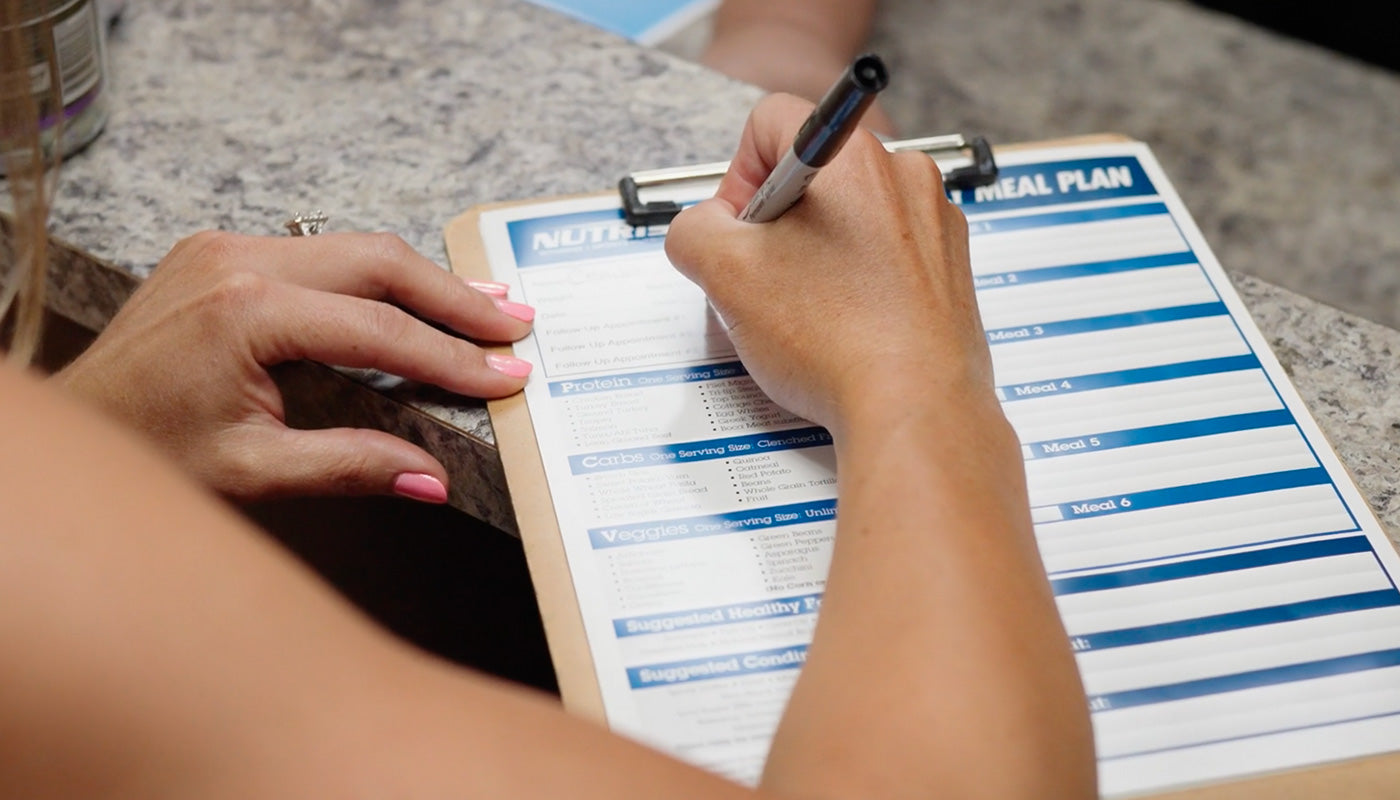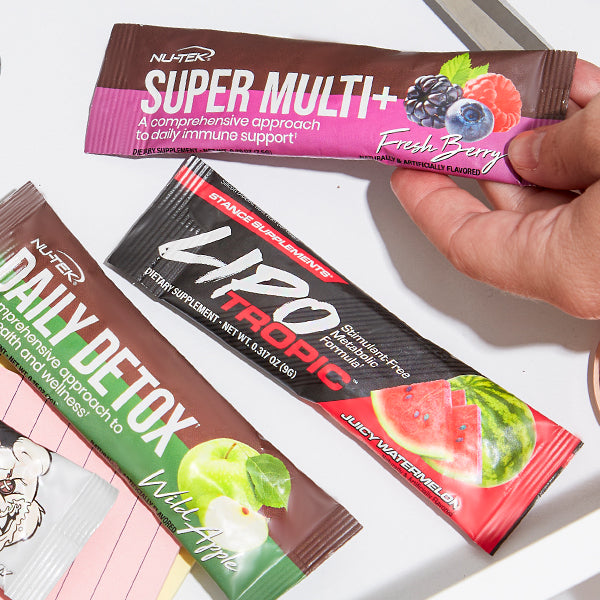When it comes to weight loss, the common belief is that eating less automatically leads to shedding pounds. While a calorie deficit is necessary to lose weight, eating too few calories can actually backfire, slowing metabolism, increasing muscle loss, and even making it harder to keep the weight off long-term. If you’ve been drastically cutting calories but seeing little to no progress—or worse, feeling fatigued, weak, and stuck—under-eating could be the culprit.
The Science Behind Calories and Metabolism
Your body requires a baseline amount of calories just to function—this is called your Basal Metabolic Rate (BMR), which accounts for everything from keeping your heart beating to regulating body temperature. When calorie intake drops too low, the body interprets this as a sign of food scarcity, leading to metabolic adaptations that reduce calorie expenditure (1).
A study published in the Journal of the International Society of Sports Nutrition found that severe caloric restriction can lower metabolic rate by decreasing levels of key hormones like triiodothyronine (T3) and leptin, both of which help regulate energy balance (2). This means that even if you’re eating significantly less, your body may still resist weight loss by slowing down its energy usage.
Muscle Loss: The Hidden Danger of Under-Eating
One of the biggest downsides to extreme calorie restriction is muscle loss. Your body prefers to burn fat for energy, but when calories drop too low, it starts breaking down muscle tissue as well (3).
Losing muscle mass not only weakens your body but also further reduces metabolism because muscle tissue is more metabolically active than fat. A 2020 study in Nutrients found that participants who followed severe calorie restriction lost significantly more lean muscle than those who maintained a moderate deficit (4). Over time, this can lead to a cycle where it becomes harder to lose fat and easier to regain weight.
Signs You Might Be Eating Too Little
If you’ve been in a prolonged calorie deficit and aren’t seeing results, check for these red flags:
- Persistent fatigue and low energy levels
- Difficulty concentrating or brain fog
- Frequent hunger or cravings
- Poor workout performance and slower recovery
- Hair thinning or brittle nails
- Plateaued weight loss despite low calorie intake
How to Strike the Right Balance
Instead of slashing calories dramatically, aim for a moderate calorie deficit that allows for steady fat loss while preserving muscle and keeping metabolism stable. Here are some strategies:
- Eat Enough Protein – Protein helps preserve lean muscle mass and keeps you feeling fuller longer. Research suggests consuming 0.7–1.0 grams per pound of body weight for active individuals aiming to lose fat (5).
- Strength Train Regularly – Resistance training signals your body to hold onto muscle even in a calorie deficit. A study in the American Journal of Clinical Nutrition found that those who incorporated strength training while dieting retained more lean mass compared to those who only focused on cardio (6).
- Use a Sustainable Deficit – A daily calorie deficit of 300-500 calories is generally enough to see steady progress without harming metabolism or muscle mass.
- Prioritize Whole, Nutrient-Dense Foods – Instead of fixating on calories alone, focus on quality foods that support metabolic health: lean proteins, healthy fats, fiber-rich carbs, and plenty of micronutrients.
- Refeed Days or Diet Breaks – If you’ve been in a deficit for an extended period, occasional higher-calorie days(primarily from healthy carbs) can help restore energy levels and hormonal balance, making long-term weight loss easier to sustain (7).
The Bottom Line
Eating less isn’t always better when it comes to weight loss. If you’re constantly fatigued, struggling in the gym, or hitting a plateau despite eating very little, it may be time to reassess your intake. Sustainable weight loss isn’t about extreme restriction—it’s about fueling your body properly, preserving muscle, and keeping your metabolism working for you, not against you.
--------------
References:
- Rosenbaum, M., & Leibel, R. L. (2016). Adaptive thermogenesis in humans. International Journal of Obesity, 40(S1), S47-S55.
- Stimson, R. H., et al. (2014). The effects of prolonged calorie restriction on thyroid hormones. Journal of the International Society of Sports Nutrition, 11(1), 1-9.
- Pasiakos, S. M., et al. (2013). Effects of calorie restriction on muscle protein synthesis. American Journal of Clinical Nutrition, 97(3), 438-445.
- Helms, E. R., et al. (2020). The impact of diet on lean mass retention during weight loss. Nutrients, 12(8), 2493.
- Morton, R. W., et al. (2018). Protein intake to maximize muscle retention during weight loss. British Journal of Sports Medicine, 52(6), 376-384.
- Strasser, B., et al. (2018). Resistance training and fat loss: A meta-analysis. American Journal of Clinical Nutrition, 108(3), 576-584.
- Peos, J. J., et al. (2021). The role of refeed days in weight loss. Sports Medicine, 51(1), 105-118.






